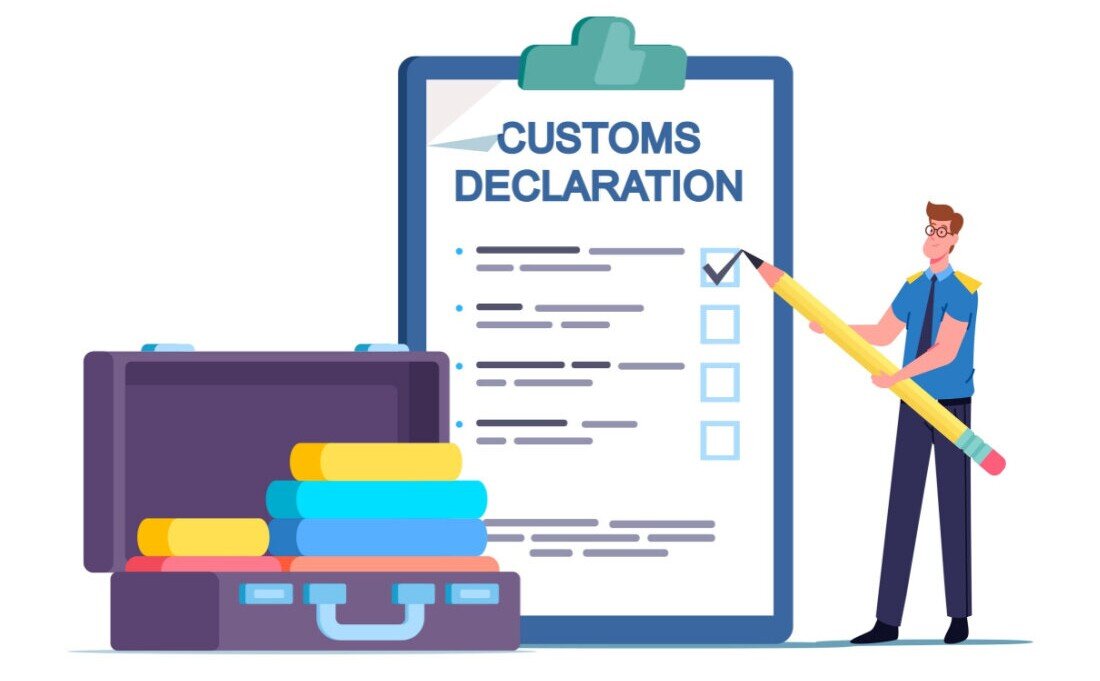Train Your Employees on Import and Export Procedures
March 7, 2024
Customs and Import Training for Businesses
Written By: Narek Hakobyan
For companies engaged in significant shipping activities, investing in comprehensive customs and import training is not just beneficial—it's essential for success and compliance. Laws and regulations frequently change in response to global economic and political shifts.
A great training program equips businesses and their employees with the knowledge and skills to comply with legal and regulatory requirements, avoid costly delays, and minimize the risk of penalties and fines. It provides insights into the latest international trade agreements and how they impact import procedures and tariffs.
Key Areas of Focus
The training can cover various topics, from understanding tariff codes and import duties to handling hazardous materials and mastering the documentation required for smooth customs clearance.
- Regulatory Compliance - Training should cover the laws and regulations governing international trade, including the roles of various government agencies and international customs organizations.
- Classification and Valuation - Properly classifying and valuing goods is critical for determining duty rates and ensuring compliance. Training programs should teach participants how to use the Harmonized System (HS) for classification and how to declare the value of goods accurately.
- Documentation and Procedures - Incorrect or incomplete documentation is a leading cause of delays at customs. Your training should include detailed instructions on preparing and submitting the necessary paperwork, such as commercial invoices, packing lists, and certificates of origin.

Customize Your Training
Tailor your training program to address your company's specific needs. Consider factors like:
- Industry: Specific regulations may apply to biotechnology, medical device, and pharmaceuticals industries.
- Geographic Focus: Focus on the regulations of countries you frequently import or export to.
- Size of Your Company: Smaller companies may benefit from broader training, while larger organizations might require more specialized training for different departments.
Ready to learn more? Explore Mercury’s range of training programs designed to equip your team with the expertise they need to navigate the world of international shipping with confidence.